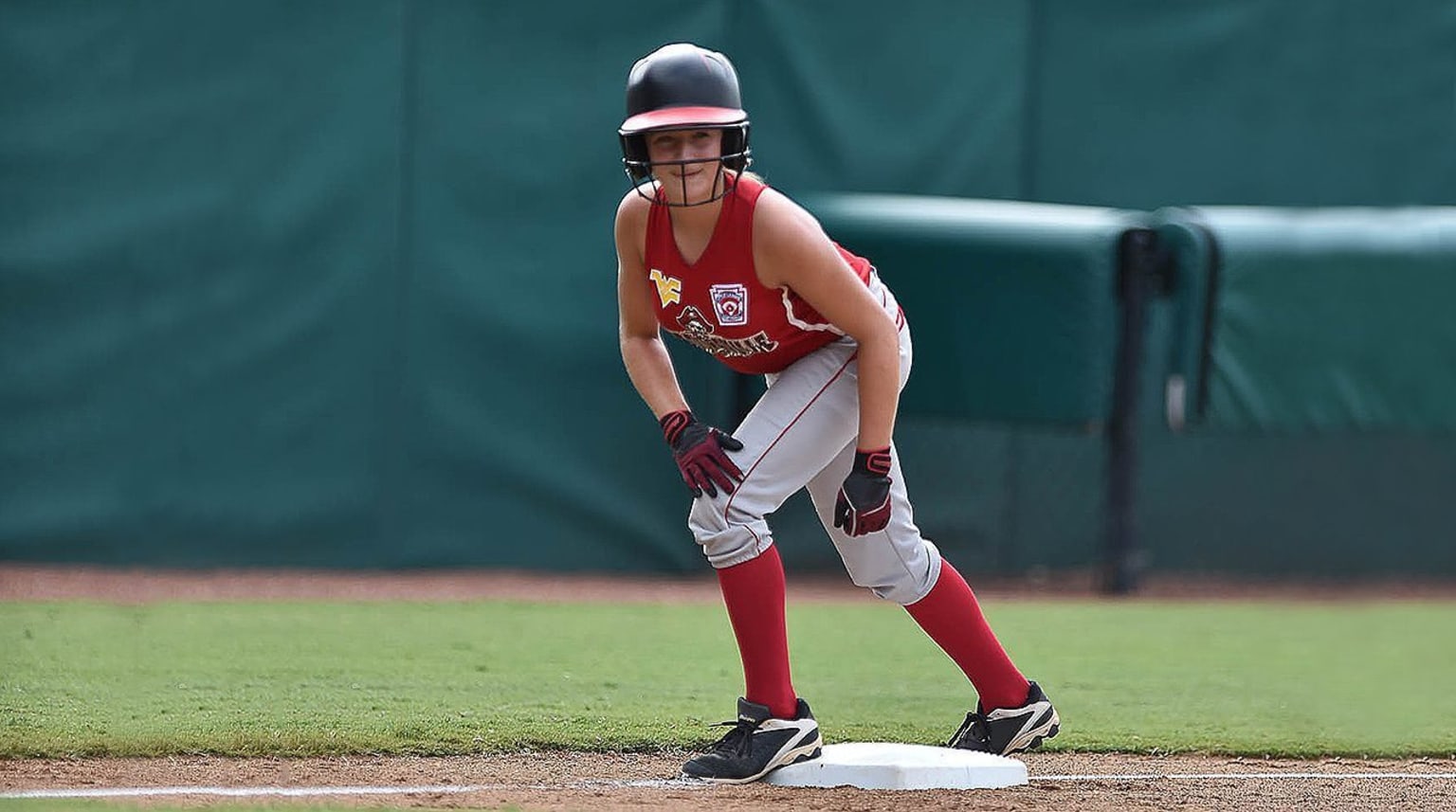You Make the Call – Is a Runner Out for Leaving the Base Early in Little League Softball?

Situation
Situation: The pitcher for the home team allows a lead-off double in the bottom half of the first inning of a Little League® (Major) Division softball game. After returning to the pitcher’s circle, the pitcher begins her wind-up to the next batter. Before releasing the pitch, the runner on second base breaks for third base, and the concurrent pitch to the batter results on a groundball being hit to the shortstop. Should the base plate umpire call “time,” kill the play, and penalize the runner for leaving the base early?
Explanation
The umpire is correct to call “time” because the runner left the base prior to the pitched ball being released from the pitcher’s hand. The ball is dead, and the runner is out for leaving the base early, and the batter is returned to home plate and current count continues. According to the current Little League Softball® Official Regulations, Playing Rules, and Policies – Rule 7.13 – In Major, Junior, and Senior League divisions, when a pitcher is in the eight-(8)-foot radius circle and in possession of the ball, the base runner(s) shall not leave their base(s) until the pitched ball has been released by the pitcher. Rule 7.08 (a) – Penalty and 8.04(b) Any runner is out when the runner fails to keep contact with the base to which that runner is entitled until the ball has been released by the pitcher on the delivery.
Note 1: This rule is applicable in Little League Softball Major Division and above. In the Little League Softball Major Division, a local league may adopt a rule that requires the runner to keep contact with the base to which the runner is entitled until the ball has been batted, or reaches the batter, or be called out.
Note 2: In Little League Baseball’s Major Division and below the umpire would drop a flag indicating the runner left the base early. At the conclusion of the current play, in baseball, the base umpire who dropped the flag would instruct the player to return to the vacated base, but that batter is not ruled out nor does the ball become immediately at the time of the infraction.